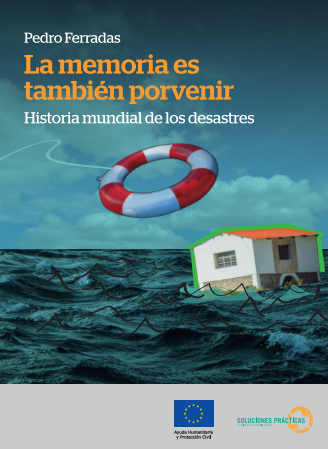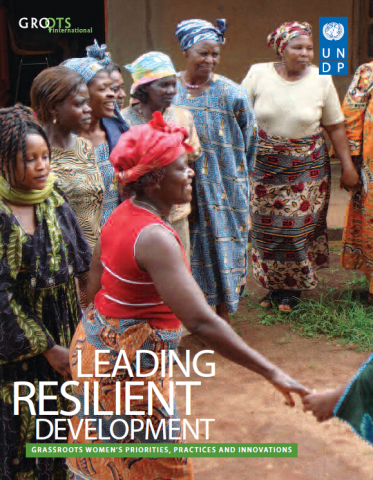Leading Resilient Development: Grassroots Women’s Priorities, Practices and Innovations


“In the policy world, disaster risk reduction, climate change adaptation and poverty reduction are each advancing within their own area. This publication shows how for grassroots women, building resilience to disaster and climate change is inextricably linked to advancing development priorities. It explores the links between disasters, development, poverty and gender-based inequality. This analysis is supported by a set of case studies in which grassroots women’s organizations working in disaster struck communities have demonstrated their leadership in securing resource sets in order to address their communities’ most pressing development concerns. In doing so, grassroots women are simultaneously improving their everyday living conditions and empowering themselves to be leaders and drivers of development processes that will help overcome the factors that contribute to women’s vulnerabilities.”
